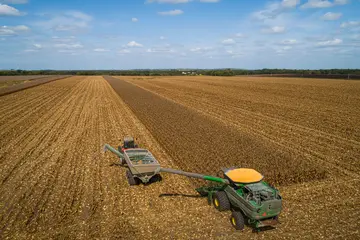Case study
Challenge: Production of a regional and international brewer’s ultra-low-carb beer used a glucoamylase that required a very high dose rate. This created unnecessarily high costs – both for large amounts of the enzyme itself, as well as for packaging and transportation. It also impacted sustainability.
Solution: With Novozymes’ advanced glucoamylase, Attenuzyme® Core, the brewer was able to decrease the dosing rate by at least three times. In addition to achieving the RDF targets for the specific beer more efficiently, the brewer could reduce the amount of packaged enzyme purchased – which reduced packaging, transport, and onsite handling. This supported the brewer’s overall sustainability targets for less waste (packaging), less energy use in brewhouse operations, and smaller CO2 footprint.
Location: Asia-Pacific



